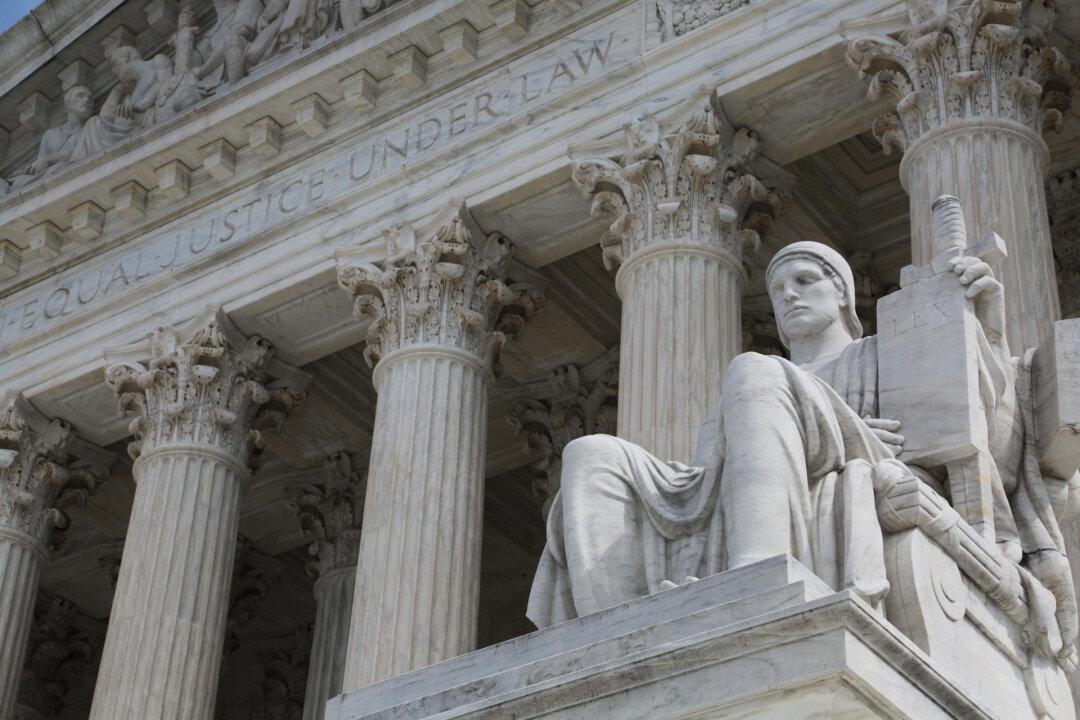The Supreme Court gave an elementary school student with disability-related behavioral issues permission to move forward with a discrimination lawsuit against a California school district under the Americans with Disabilities Act.
The Supreme Court ruled on April 3 that a young student identified as D.D. may move forward with his lawsuit against the Los Angeles Unified School District under the federal Americans with Disabilities Act (ADA), even though he already took action against the district under the federal Individuals with Disabilities Education Act (IDEA).





